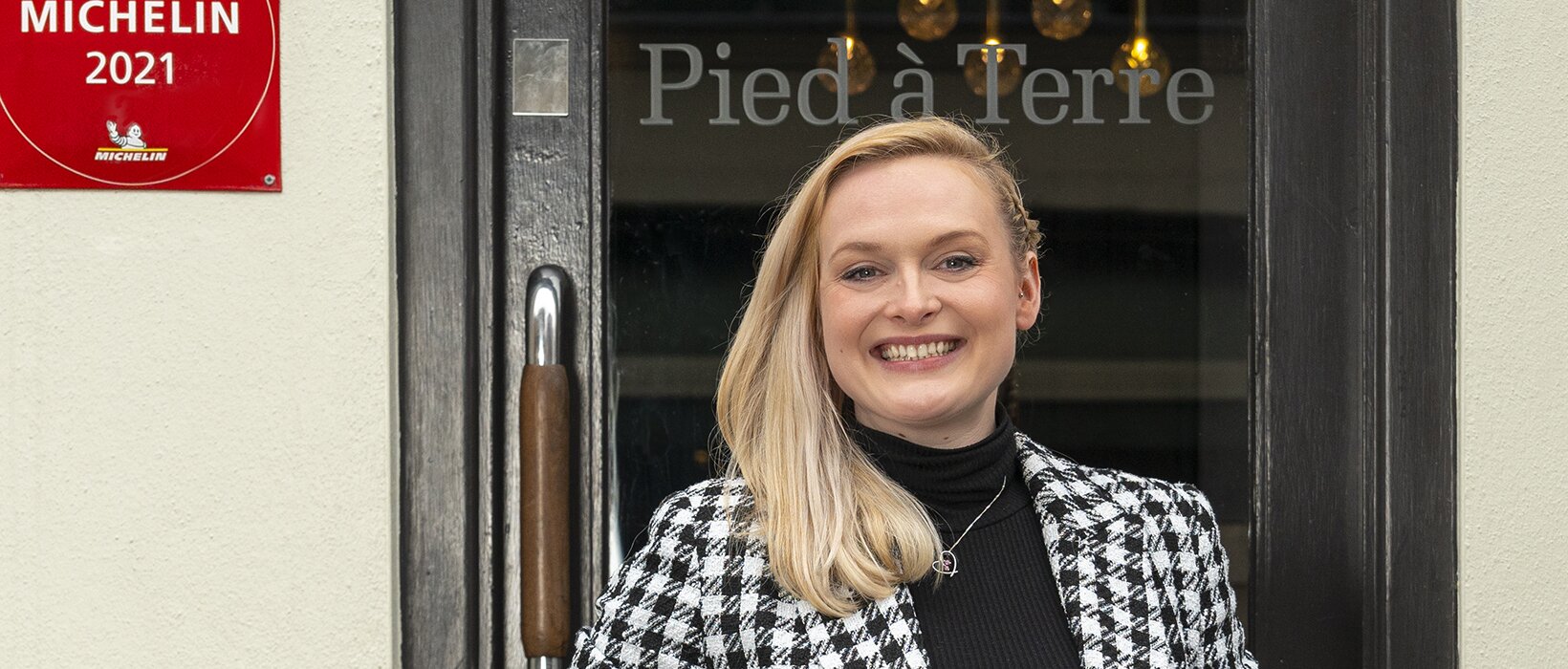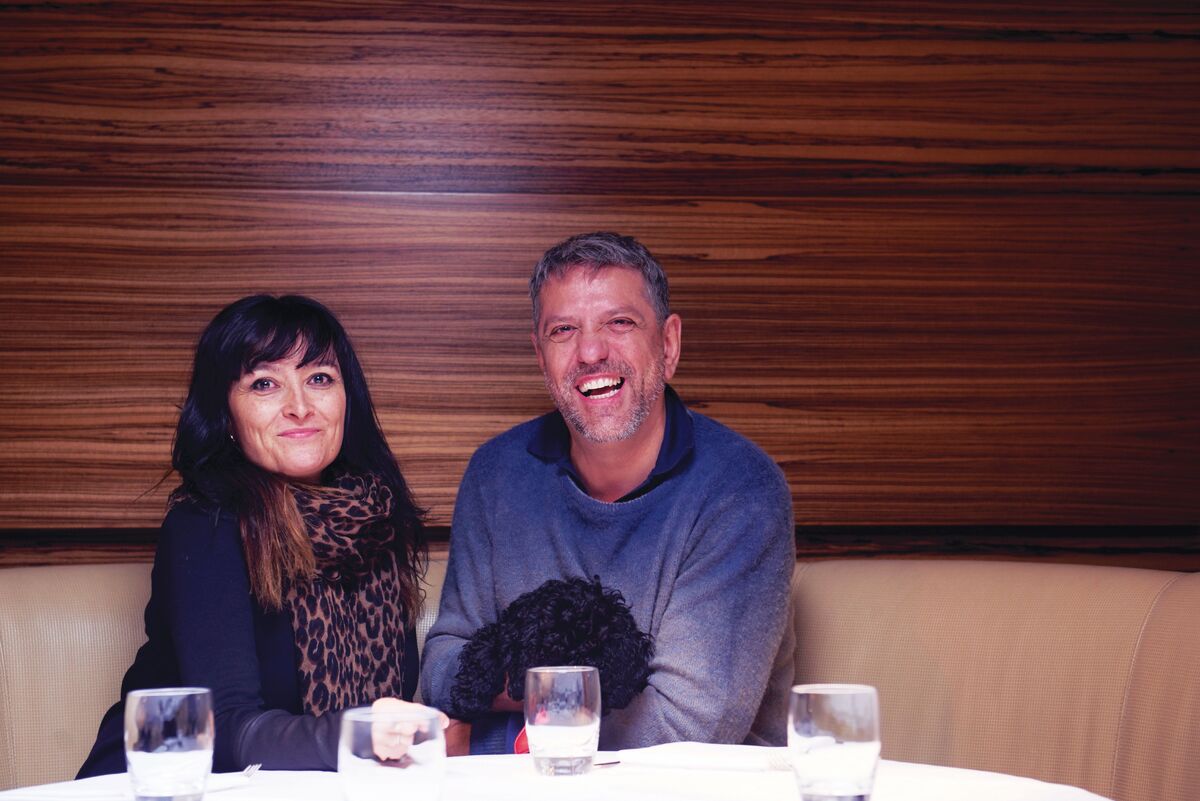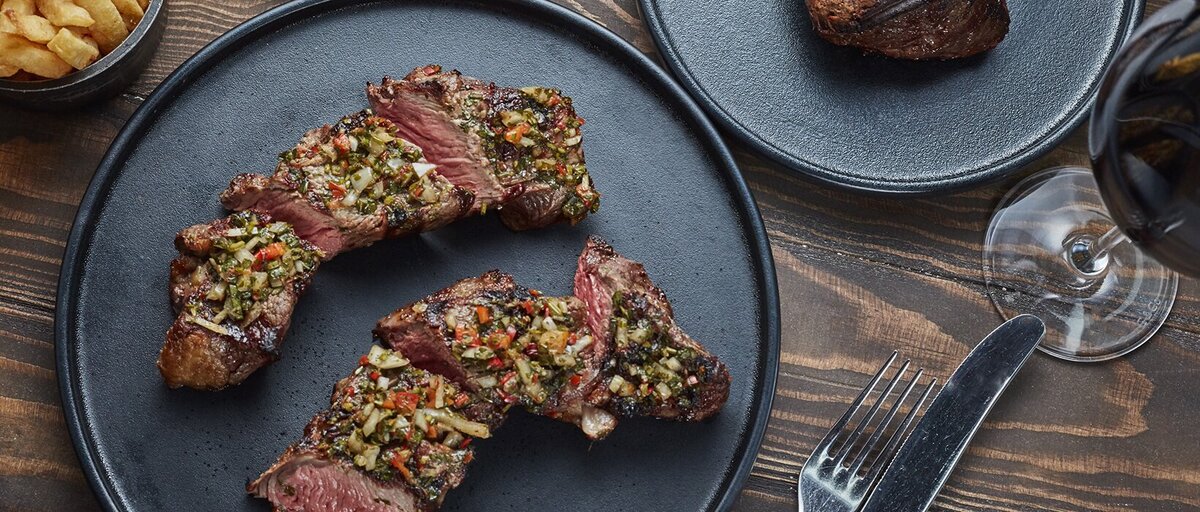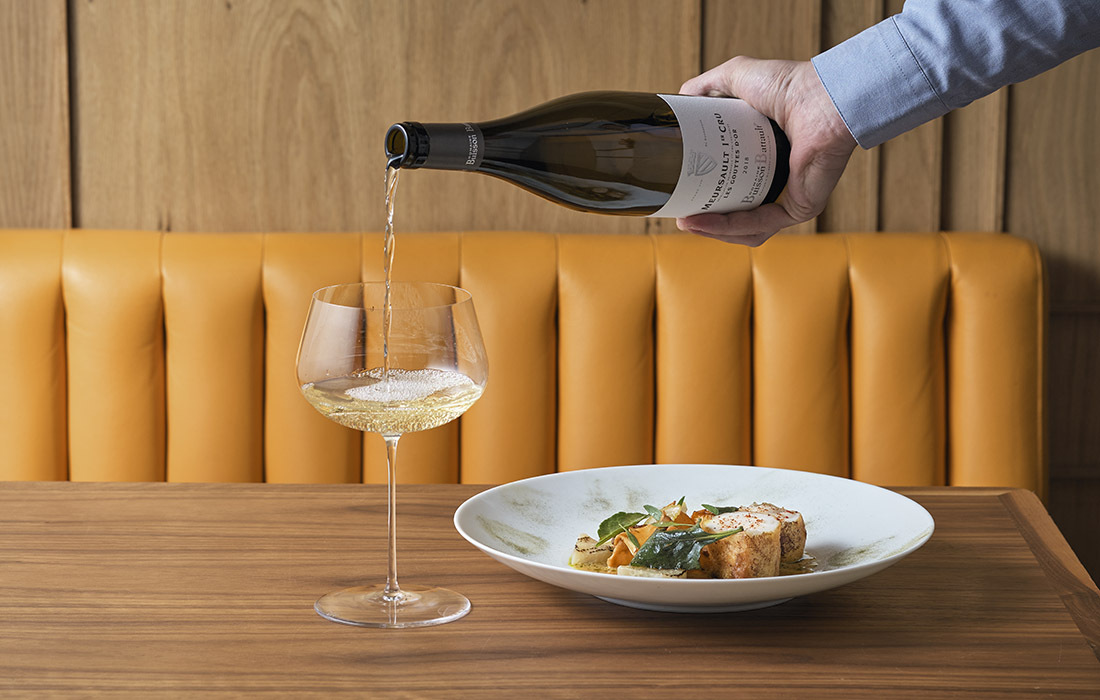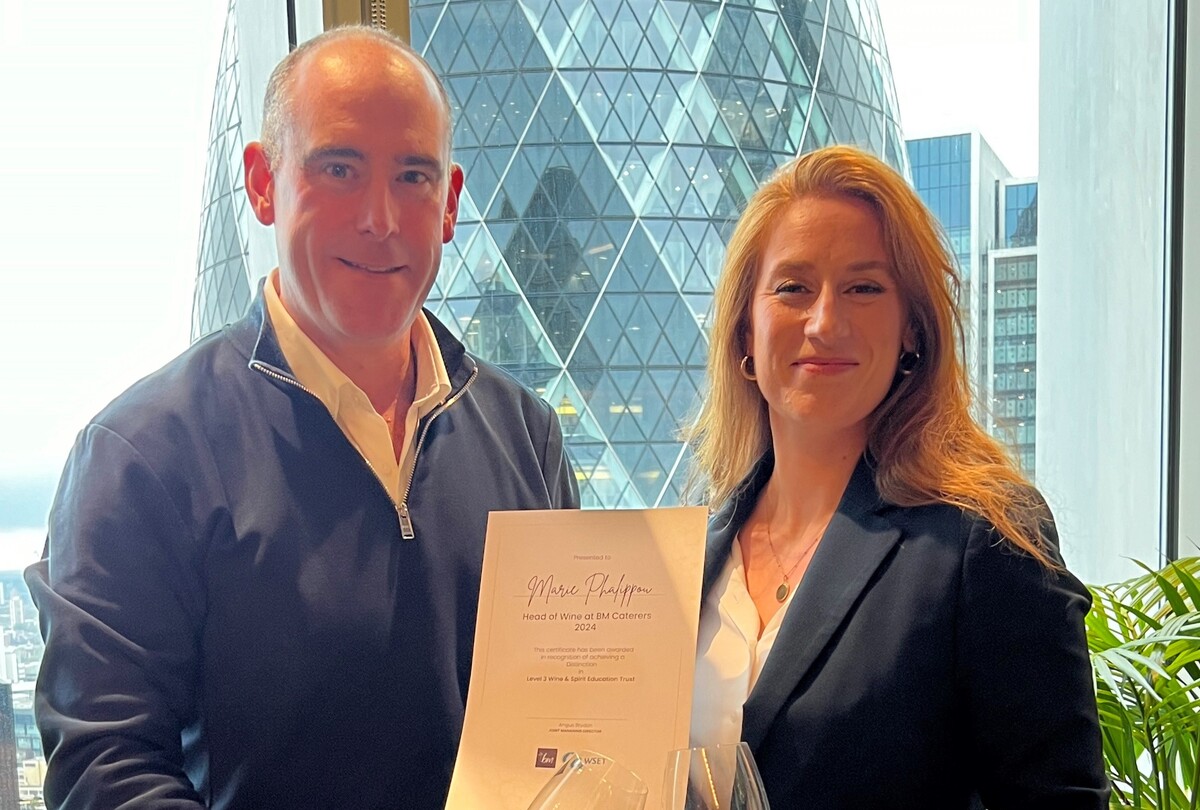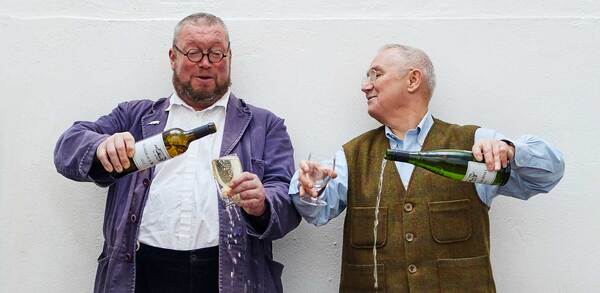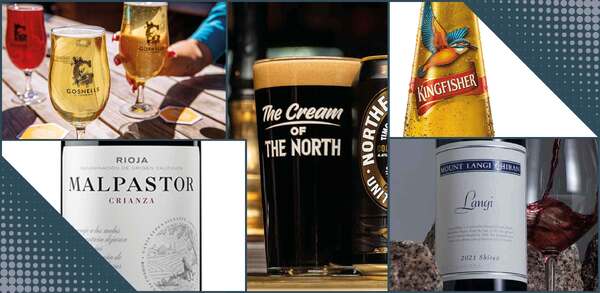Raise a glass with Chanel Owen, head sommelier and wine buyer at Pied à Terre
Guests shouldn’t feel embarrassed when they feel they don’t know enough about wine, so let’s make it easier for them, says Chanel Owen, head sommelier and wine buyer at Pied à Terre
I’m sitting in my first Michelin-starred restaurant, Gordon Ramsay at Claridge’s, aged 22. Everything is marble, white linen or gold. I hadn’t learned the art of dressing elegantly – my skirt felt too short and my heels too high. I was a true fish out of water, but I had saved for months for this experience. This was my first meeting with a sommelier.
Gently and calmly, they guided and recommended. I asked questions like, ‘what will work with this dish?’, ‘glass or bottle?’, and ‘why is there a candle?’. This may have been one of the best introductions to high-end wine service I could have had, but I still felt shy and inferior. Everything was so serious.
Years on from this, the level of intimidation in the wine world made me feel dumb and inferior, even after I became a sommelier. This isn’t just a personal experience, but one I see in the faces of guests or relayed by friends, dumbstruck by the vastness of lists or wines they can’t pronounce. When hosting masterclasses over Zoom during lockdown, the question I was asked the most was: ‘how ‘can I look knowledgeable in a restaurant?’.
In an industry of continued economic growth, and one where producers and regions are wholly dedicated, it is easy to see why such prevalence is placed on, what I see as, works of art. The multi-faceted production and trade of this commodity is one of the most complex on earth. Even the most entry-level wine needs careful vineyard management, extreme organisation of harvest, pressing, fermentation, bottling, marketing, trading, importing and selling in its most simplified form. Each of these elements and beyond has a whole network to ensure its success and many considerations in between. So, of course it is to be taken seriously – people have invested lifetimes to fermenting this juice.
However, this focus on provenance shouldn’t prevent guests from enjoying a glass. From my side, an ethos of approachability is the way forward. The language of wine can be simplified and personalised for our guests, inviting them into a club full of rules that are effortlessly explained and made palatable. Although easier said than done, the reality of wine being an experience enhancer needs to be expressed better. We aren’t saving lives, just making them a little better. So, encourage guests to ask the questions, find what they like and be open to introductions. The pressure is on us, not them, to ensure the best evening. Cheers!



